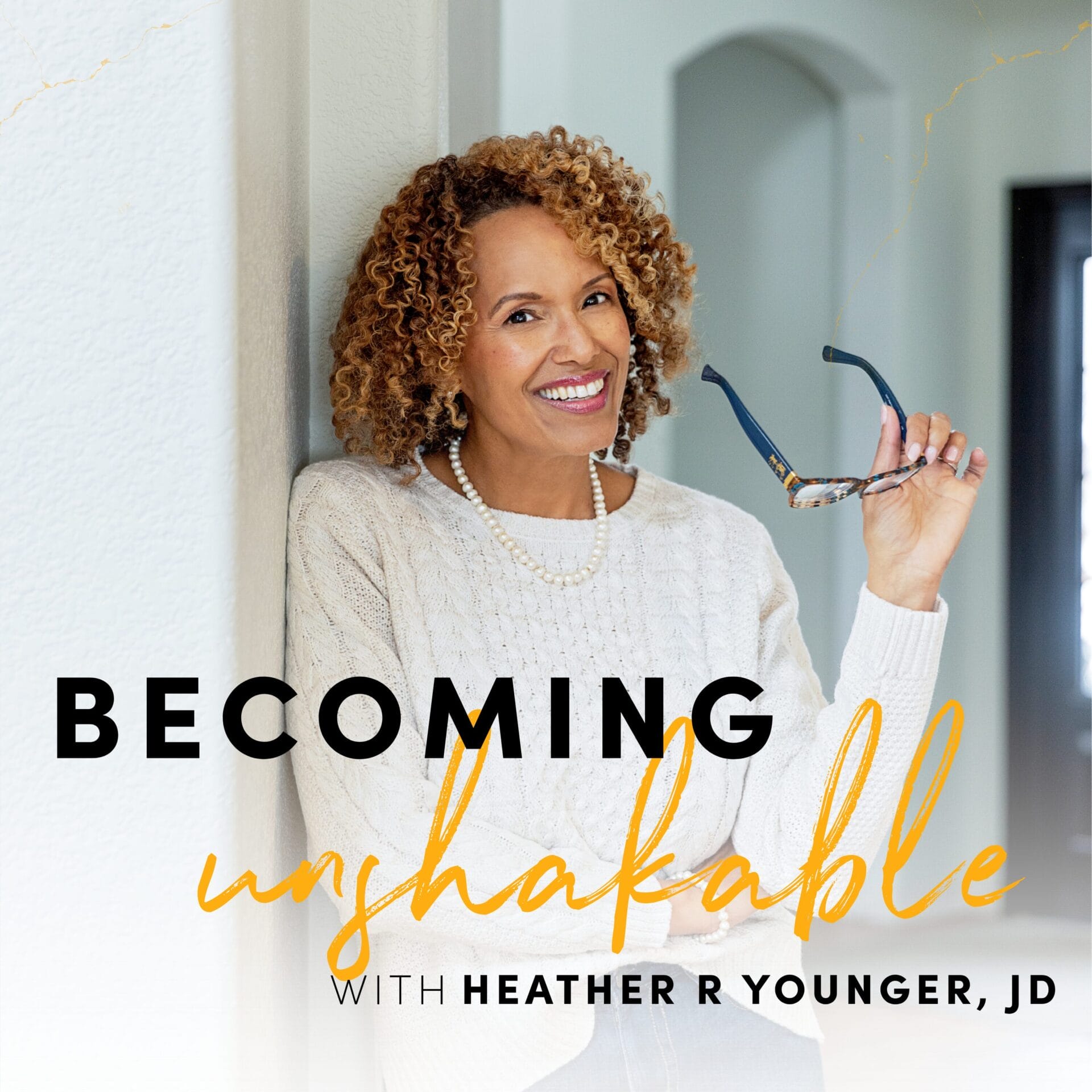This title might seem off given our current state-of-affairs with COVID-19, but I promise you that we can use this “crisis” to build resilience in ourselves and in those we lead.
Resilience is “the capacity to recover quickly from difficulties; toughness.”
We have been hearing a lot about resilience lately. Many people want to be known as resilient, but are they willing to put in the work? You might be asking yourself, “What does she mean by ‘putting in the work?’”
I liken becoming more resilient with building more muscle. We cannot tone and strengthen our arms without some sort of strength training. Building muscle basically tears it before it grows. It is some really hard work, and if done right, we sweat a lot and it hurts like hell.
This is how building resilience works. The more adversity we face and challenges we overcome, the more our resilience muscle grows. We should see any obstacle, challenge, crisis, or adversity as an opportunity to build that muscle.
Below are a few ways to use our current circumstances to help build resilience muscle:
1. Don’t Run Away
Our natural inclination is to run away from things that frighten us or challenge the status quo. This is like giving up in the middle of a workout or marathon. We will not get to the end or obtain the results we want unless we finish and hit the lofty goal head-on.
I don’t mean that we shouldn’t take precautions to protect ourselves. Instead, do that, and continue to show up and stand firm as a best-selves that day. This act alone helps you build resilience.
2. See the Bright Side
In my TEDx talk, I talk about “reframing.” Reframing is to “frame or express (words or a concept or plan) differently.” It is not a complicated process, but not always easy to do. Basically, we take our current situation along with all the irrational thoughts tied to it and then we make a choice to see it differently and replace those thoughts with more rational ones.
When we reframe, we tend to see the brighter side of almost any situation. If we are to survive any challenge, crisis or adversity, reframing is the biggest tool in our arsenal.
3. Learn from It
The biggest gift of a crisis is the learning that can come from it. If we let this time come and go and he have not been changed, or we have not learned any new behaviors, then we can absolutely call it a crisis.
We build our resilience muscle when we stand in our circumstances, take a breath and learn to be better.
4. Help Someone Else
Recently, on a Linkedin Live, I encountered a gentleman who had lost his wife just a week before him joining my live show. He asked great questions, he interacted with me and others and he taught me a lesson. In his pain and loss, he chose to focus on giving back to others.
I thanked him for his courage and for being a productive member of the viewing audience. I counseled him to take time to grieve, and he just said, “I will do that once I help others first.” Wow! This was a profound learning for me. We build resilience muscle by helping others first.
5. Tell Your Story
There is great healing when we tell our stories. As one of my best friends, Sarah Elkins says, “Your Stories Don’t Define You. How You Tell Them Will.” This is an important point. Many can benefit when you tell your story, and be sure you know which story you want to tell and how you want to tell it.
Our stories can be a powerful force that propel us forward during difficult times, or they can make us fall victim to our past. Tell that more fruitful story to build your resilience muscle and be ready for the next challenge.
______________________
Thank you for reading this article. If you have found it uplifting, please do share it. If you or your organization is looking for a speaker, on-site or virtual, or a workshop facilitator, reach out to me.




